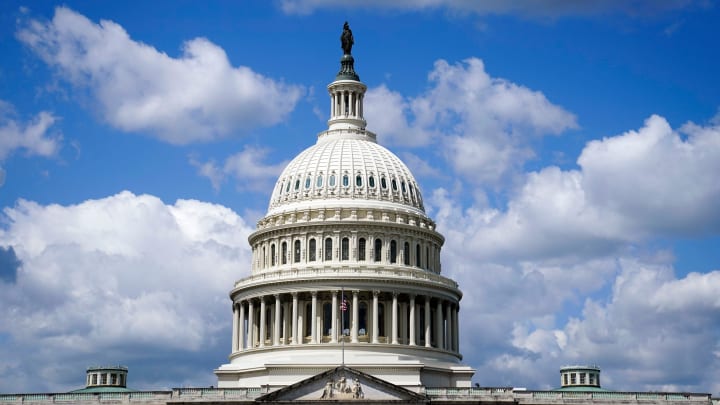NCPA Takes Stance Against House Vs. NCAA Settlement

The National College Players Association (NCPA) has taken a decisive stance against the preliminary settlement agreement in the House v. NCAA antitrust lawsuit, asserting that it significantly undermines college athletes' financial rights. This opposition comes with the ongoing battle for fair compensation and rights within the ever-evolving landscape of college athletics.
A primary concern the NCPA raises revolves around the settlement's provisions regarding revenue sharing. The agreement permits the NCAA, conferences, and colleges to prohibit revenue sharing with athletes, effectively banning any financial compensation tied to their athletic status. "This settlement aims to re-establish a monopoly over booster money, which previously could only be directed to colleges," stated NCPA Executive Director Ramogi Huma. This restriction seriously threatens the burgeoning Name, Image, Likeness (NIL) marketplace, which is projected to pay athletes over $1.3 billion this year and $2.1 billion next year.
The proposed settlement suggests phasing out full athletic scholarships in favor of partial scholarships, a move that could diminish financial support for athletes. The NCPA contends that this change would disproportionately impact those who rely on full scholarships to pursue their education while competing at the collegiate level.
The settlement also raises significant concerns regarding collective bargaining limitations. It allows for collusion among conferences and colleges to ban revenue sharing if athletes are deemed to have the right to collectively bargain, a determination that ongoing legal proceedings could influence. This aspect of the settlement could further entrench the existing power dynamics within college athletics, leaving athletes with fewer rights and diminished financial security.
In light of current state laws, the NCPA emphasizes that the settlement is out of touch with regulations such as Virginia's NIL law, which permits colleges to pay athletes without restrictions. This contradiction raises critical questions about the legality and fairness of the proposed settlement, as it seeks to impose limitations that do not align with existing legislation.
Huma warns that the implications of this settlement could extend far beyond the current generation of athletes, potentially affecting future generations, including children who are not yet born. "The terms of this settlement could be extended indefinitely by the involved lawyers," he cautioned, highlighting the long-term risks associated with the agreement.
In response to these concerns, the NCPA is actively encouraging Division I college athletes who oppose the settlement to seek information on how to advocate against it. Huma emphasizes the necessity for a fair settlement that supports athlete rights, stating, "We need to ensure that the voices of college athletes are heard in this critical moment."
The NCPA's opposition to the settlement puts it at odds with some allies in athlete advocacy, notably the plaintiff's lawyer, Jeffrey Kessler.
As the court prepares to discuss the settlement's preliminary approval, the NCPA explores all options to challenge the agreement, including potential legal action. This ongoing struggle for fair compensation and rights in college athletics remains a pivotal issue as the landscape evolves.
